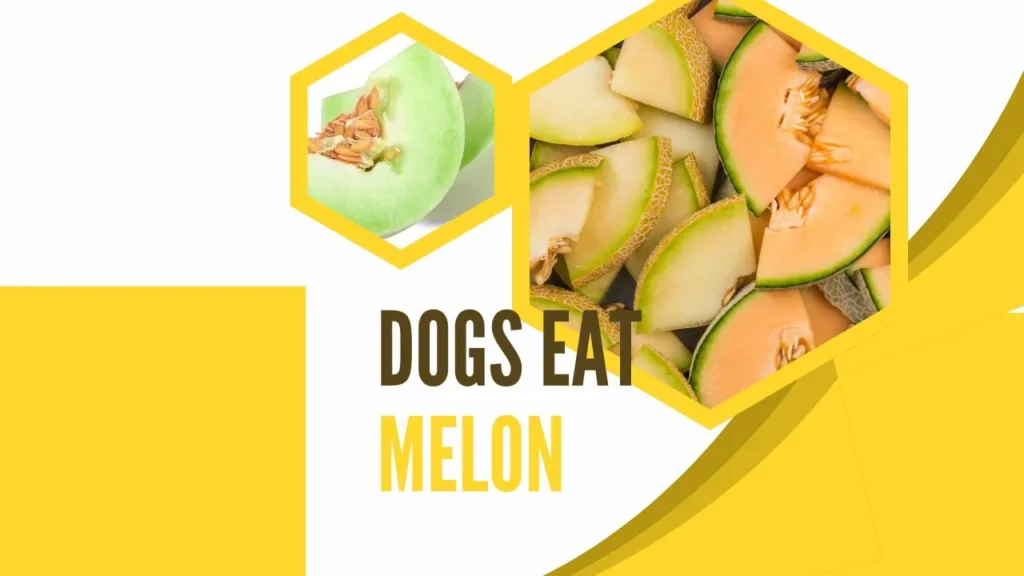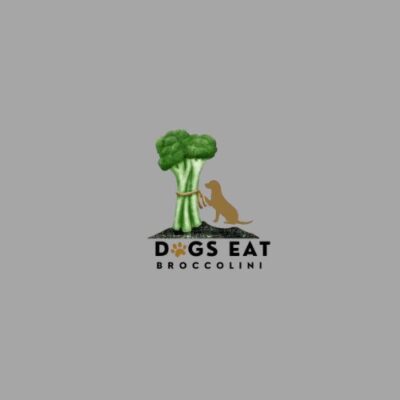Melon is a refreshing, nutrient-packed treat for humans, especially during the summer. But what about your furry friend? Can dogs eat melon, cantaloupe, or honeydew? The simple answer is yes! Dogs can safely enjoy these sweet fruits, but there are some important things you should know to ensure it’s a healthy and beneficial addition to their diet.
Why Melon Can Be Good for Dogs
Melon, including varieties like cantaloupe and honeydew, is not only safe for dogs but can also offer a variety of health benefits when served in moderation. Packed with water, fiber, and essential vitamins, This can be a tasty way to hydrate your dog while providing a low-calorie, nutrient-rich snack.
- Hydration: With its high water content (nearly 90%), helps keep your dog hydrated, making it a great summer treat to combat the heat.
- Low-Calorie Treat: This are naturally low in calories, making them an ideal treat for dogs on a diet or those trying to maintain a healthy weight. They allow your pup to enjoy a sweet treat without piling on the calories.
- Nutritional Benefits: This are rich in vitamins A and C, antioxidants that support immune health and cell repair, while fiber aids digestion. They also contain potassium, which supports muscle function and heart health.
Nutritional Breakdown of Melon for Dogs
This packed with key nutrients that can enhance your dog’s health:
- Vitamin A: Supports vision, immune function, and skin health.
- Vitamin C: Strengthens the immune system and helps combat free radicals that contribute to aging.
- Fiber: Promotes healthy digestion and can prevent constipation.
- Potassium: Essential for healthy muscle function, heart health, and maintaining proper fluid balance.
- Antioxidants: Help neutralize free radicals, supporting overall health and longevity.
How to Serve Melon to Your Dog

While melon is safe and healthy, it’s crucial to serve it correctly. Always remove the seeds and rind, as these parts can pose choking hazards or cause digestive issues. The rind, in particular, is difficult for dogs to digest and could lead to gastrointestinal upset or even intestinal blockages.
Start by offering your dog small, bite-sized chunks of melon to gauge their reaction. Monitor them for any signs of stomach upset, as too much can lead to loose stools or an upset stomach due to the high sugar and fiber content. Also, remember to wash the outer skin thoroughly to remove any pesticides or bacteria before cutting into the fruit.
Potential Risks of Feeding Melon to Dogs
Even though this fruit is a healthy treat, moderation is key. Too much eat, especially for small dogs, can lead to digestive problems such as diarrhea or upset stomachs because of its high natural sugar content.
Here are some key points to keep in mind:
High Sugar Content
Although natural, the sugar in this fruit can be problematic for dogs, particularly if consumed in large amounts. Over time, excessive sugar can contribute to weight gain, obesity, or even diabetes.
Choking Hazards
Always remove the seeds and rind. While the seeds aren’t toxic, they can cause choking or intestinal blockages if consumed in large quantities.
Melon Rind
Like watermelon rinds, cantaloupe and honeydew rinds are tough for dogs to digest. Ingesting pieces of rind could lead to gastrointestinal issues or require surgical intervention to remove if lodged in the intestines.
Types of Melon Safe for Dogs
Dogs can enjoy several types of melon, including:
Cantaloupe
This is rich in vitamins and low in calories, making it a nutritious treat for your dog. It’s also high in fiber and water, perfect for hydration and digestion.
Honeydew
Sweet and hydrating, honeydew offers similar health benefits to cantaloupe. However, be mindful of the higher sugar content and offer it sparingly.
WinterMelon
Wintermelon Packed with antioxidants, soluble fiber, and vitamin C, This fruit can help boost your dog’s immunity and overall health.
Other Melon Varieties
From galia to casaba melons, dogs generally love the juicy texture of these fruits, but always keep serving sizes small and treat as an occasional snack.
How Much Melon Should You Give Your Dog?

As with any treat, This should be given in moderation. A few small pieces of this fruit are sufficient as a special snack or training reward. Treats, including fruits like melon, should not exceed 10% of your dog’s daily calorie intake. Always prioritize their regular, nutritionally balanced dog food, which provides everything they need for a healthy diet.
Can All Dogs Eat Melon?
Most dogs can safely enjoy it, but if your dog has specific health issues, such as diabetes or a sensitive stomach, you should consult your vet before offering them any fruit. The natural sugar in this fruit can cause blood sugar spikes in diabetic dogs, so it’s essential to be cautious. Similarly, if your dog tends to have a sensitive digestive system, melon might cause more harm than good.
Final Thoughts: A Sweet and Healthy Treat in Moderation
Melon, cantaloupe, and honeydew can be a delightful and nutritious addition to your dog’s diet when served properly and in moderation. With benefits like hydration, low calories, and rich nutrients, these fruits offer a healthy alternative to high-calorie dog treats. Just be sure to avoid the seeds and rind, and keep their portion sizes small to prevent any digestive upsets.
As always, when in doubt, consult your vet to make sure this is a suitable treat for your dog based on their individual needs and health condition.
So, the next time you’re enjoying a juicy slice of melon, feel free to share a small, prepared piece with your pup!











No Comment! Be the first one.